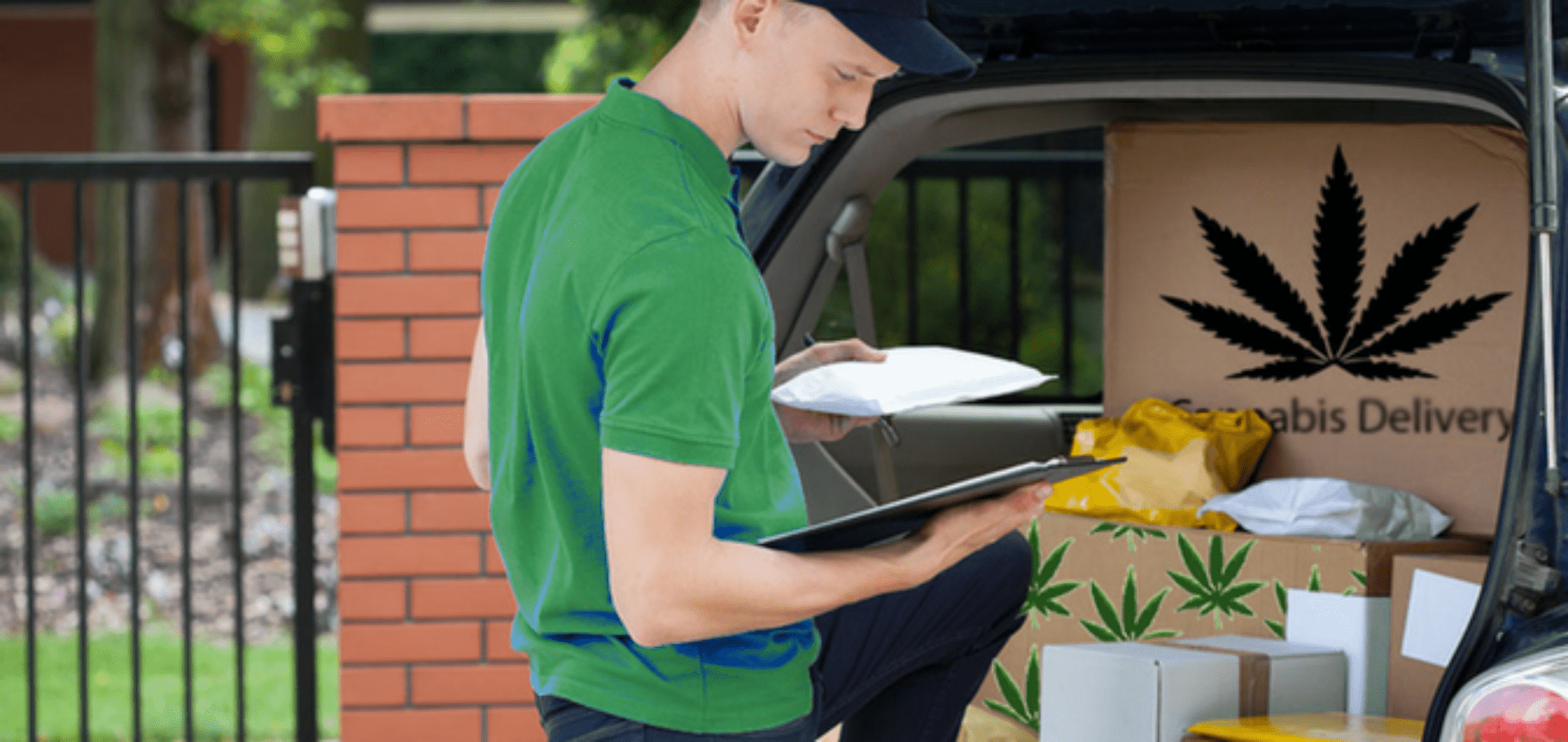As cannabis legalization expands across the United States, delivery services have become an integral part of the industry, offering convenience to consumers. However, the requirements for vehicles used in cannabis delivery vary significantly by state, reflecting each jurisdiction’s approach to safety, security, and regulatory compliance.
California
In California, delivery vehicles must be enclosed and unmarked, ensuring that cannabis goods are not visible to the public. The cannabis products must be stored in a secure, fully enclosed trunk or a locked container within the vehicle. Additionally, vehicles are required to have a dedicated Global Positioning System (GPS) device that records all locations traveled during delivery. This GPS data must be maintained for a minimum of 90 days and be available to the department upon request.
Nevada
Nevada’s regulations stipulate that delivery vehicles must be enclosed, unmarked, and equipped with an audible alarm system. Cannabis products must be stored in a locked container or compartment that is not visible from outside the vehicle. For perishable cannabis products, vehicles must have temperature control systems to maintain appropriate storage conditions. Furthermore, delivery vehicles are subject to inspection by the Nevada Cannabis Compliance Board to ensure compliance with state regulations.
Oregon
In Oregon, cannabis delivery is restricted to private residences within the same city as the retailer. Delivery vehicles must be operated by employees of the retail location, and each vehicle is limited to carrying up to $3,000 worth of cannabis goods. Deliveries are permitted between 8 a.m. and 9 p.m., and only one delivery is allowed per address per day.
Colorado
Colorado requires that delivery vehicles be unmarked and equipped with a GPS tracking device. The value of cannabis products in a delivery vehicle must not exceed $5,000. Additionally, delivery personnel must carry a copy of the business license and an employer ID badge during deliveries.
New Jersey
New Jersey mandates that cannabis delivery vehicles be unmarked and equipped with GPS tracking systems. Delivery personnel must carry identification badges issued by the Cannabis Regulatory Commission. Furthermore, municipalities in New Jersey are not permitted to prohibit cannabis delivery services, ensuring statewide access to delivery options.
Common Themes and Considerations
Across these states, common requirements for cannabis delivery vehicles include:
- Unmarked Vehicles: To maintain discretion and security, delivery vehicles must not display any markings or signage indicating they are transporting cannabis.
- Secure Storage: Cannabis products must be stored in locked containers or compartments within the vehicle, inaccessible from the passenger area.
- GPS Tracking: Many states require vehicles to have GPS devices that record delivery routes, enhancing accountability and allowing for real-time tracking.
- Temperature Control: For perishable cannabis products, vehicles may need to have refrigeration or climate control systems to maintain product integrity.
- Driver Identification: Delivery personnel are often required to carry identification badges and copies of relevant licenses during deliveries.
These regulations aim to ensure the safe and secure transportation of cannabis products, prevent diversion to the black market, and maintain public safety. As the cannabis industry continues to evolve, delivery services must stay informed about state-specific requirements to ensure compliance and provide reliable service to consumers.

